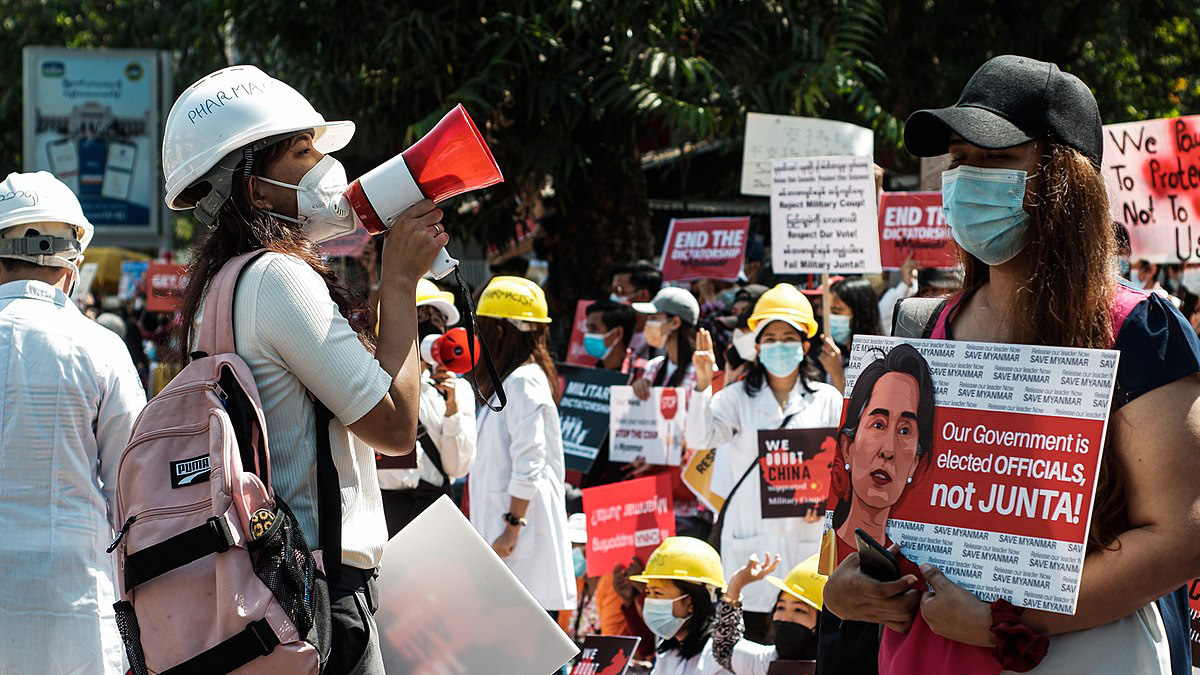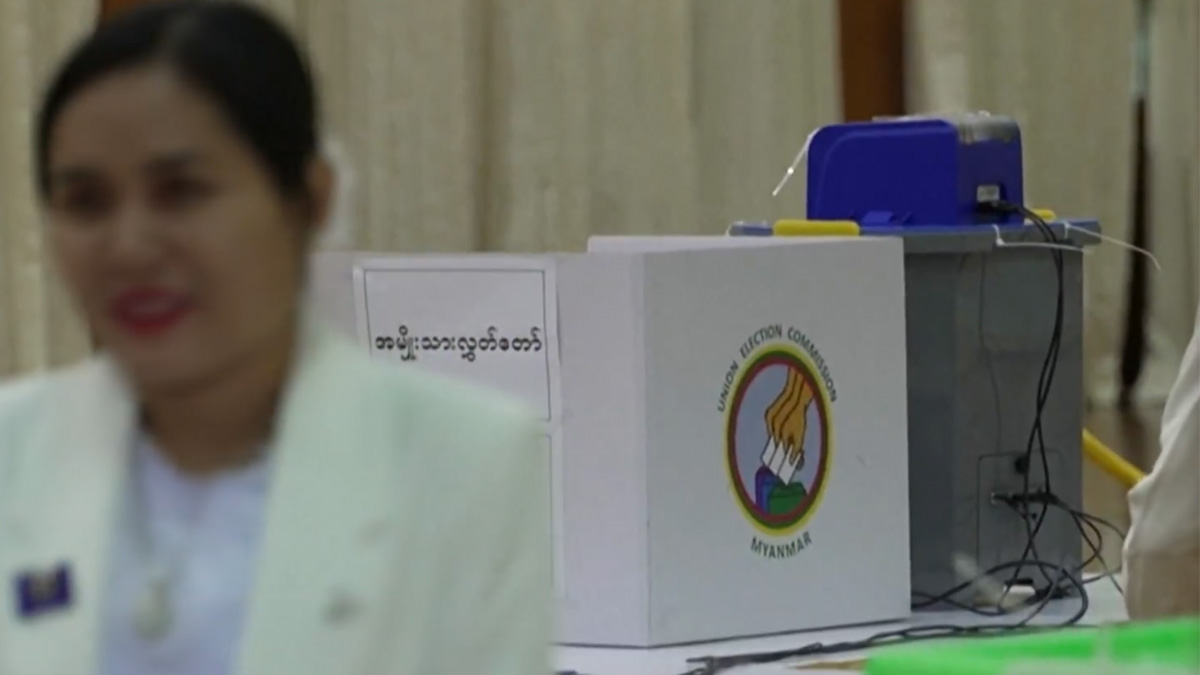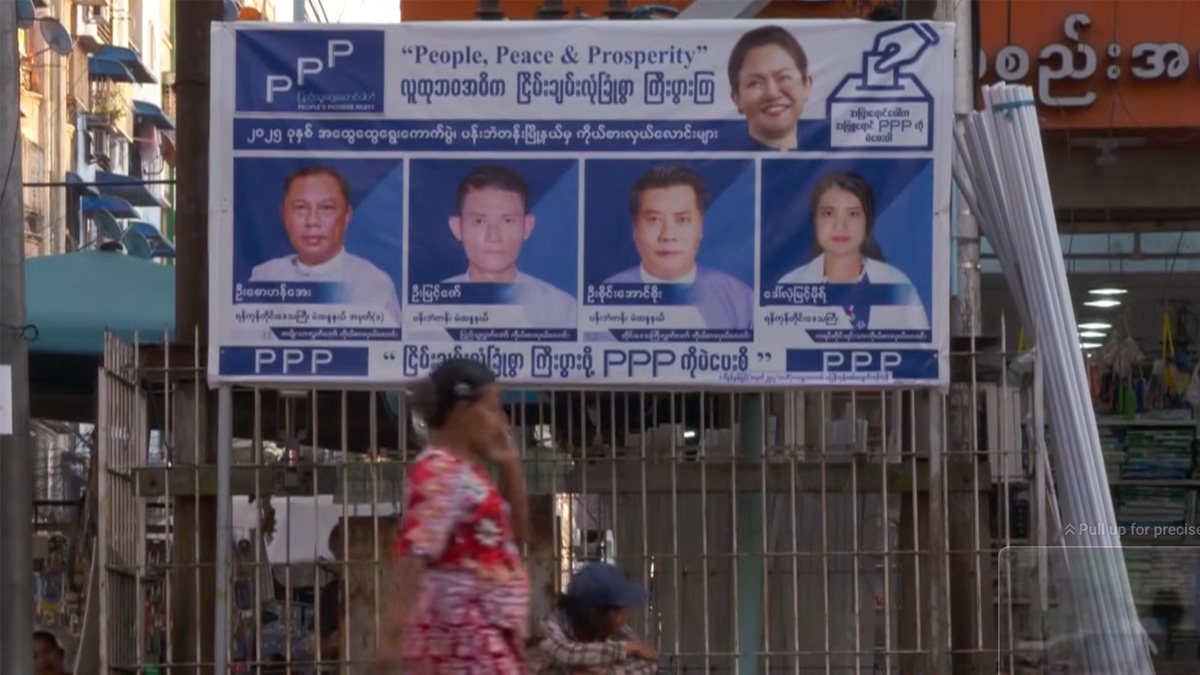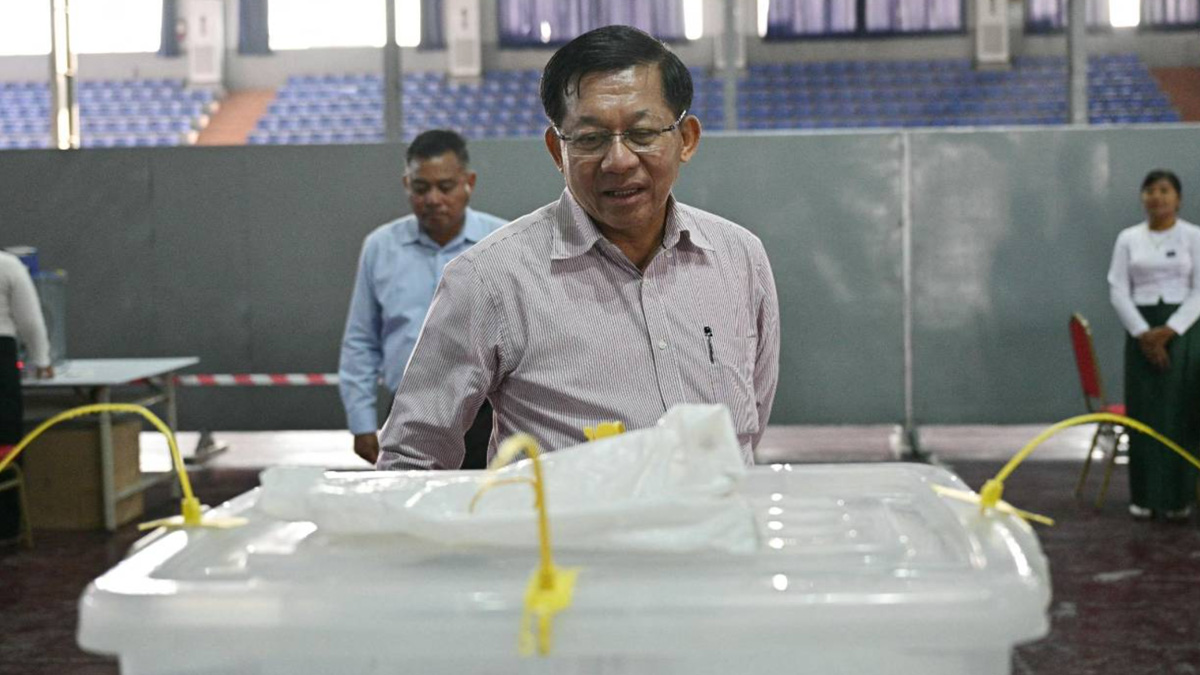Thousands flee from Myawaddy KK scam compounds on 22 Oct fearing further Myanmar junta raids
Thousands of workers from Chinese-run scam syndicates at KK Park in Myawaddy fled on 22 October amid reports of new junta raids, following the military’s arrest of over 2,000 people in earlier operations targeting cyber scam hubs.
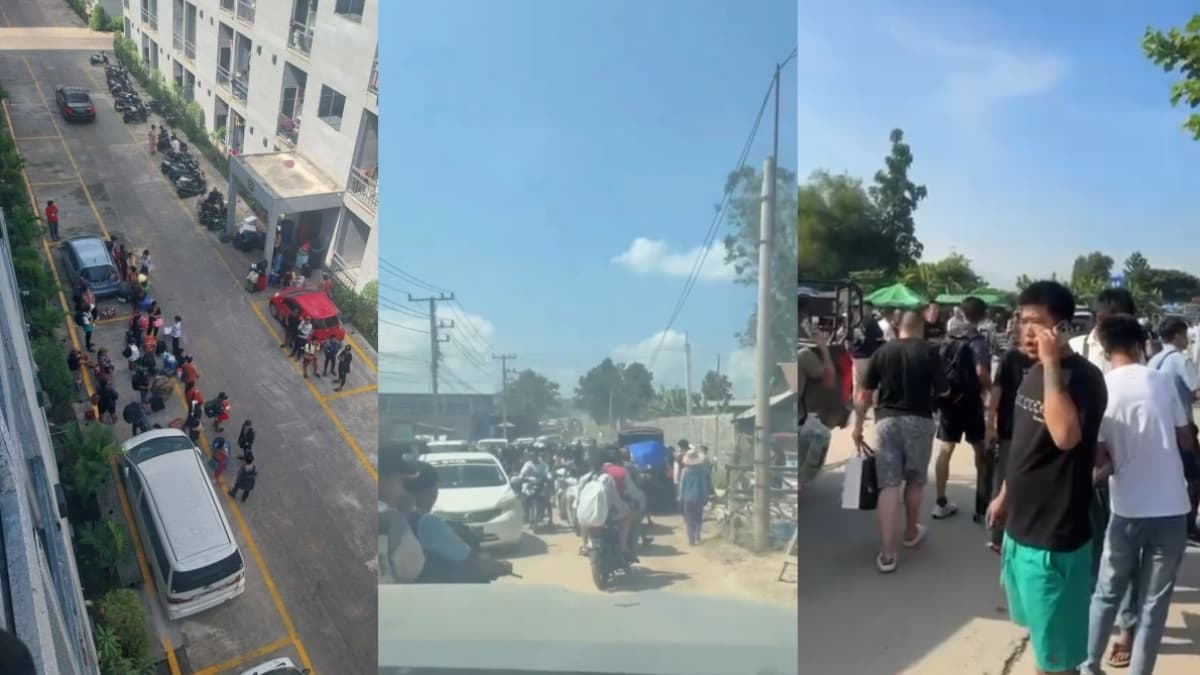
- Thousands fled KK Park and nearby scam compounds in Myawaddy on 22 October 2025 following reports of further junta raids.
- Myanmar’s military claims to have arrested over 2,000 people and seized 30 Starlink satellites in a major crackdown.
- The exodus highlights ongoing tensions between the junta, local armed groups, and international pressure to curb cross-border scams.
Thousands of workers fled KK Park and nearby scam compounds in Myanmar’s Myawaddy Township on 22 October 2025, following reports of new raids by the military junta.
Locals reported heavy movement from the Chinese-run compounds, with roads crowded by people carrying luggage and vehicles leaving the area.
KK Park, located near the Thai border town of Mae Sot, is a notorious hub for human trafficking, forced labour, and online scam operations. The site is allegedly controlled by the junta-aligned Border Guard Force.
A senior member of the group confirmed the latest exodus to local sources.
According to Myanmar’s state media The Global New Light of Myanmar, the military raided KK Park on 20 October, occupying about 200 buildings and arresting more than 2,000 individuals linked to online gambling and fraud. Among those detained were 15 Chinese nationals and nearly 100 security guards.
Authorities claimed to have seized 30 Starlink satellite devices during the raid, which are used to maintain internet access within compounds even during power outages.
The junta described the operation as part of a wider effort to suppress transnational crime networks but critics dismissed it as “performative.”
Footage circulating on Chinese-language Telegram channels on 22 October showed crowds leaving KK Park and other scam centres.
Buildings appeared deserted, and rumours suggested that senior managers of several compounds had fled.
The United Nations and human rights groups have long accused operators of such compounds of subjecting workers—many trafficked from China, Vietnam, and elsewhere—to slavery-like conditions.
Victims are coerced into running romance scams, cryptocurrency fraud, and online gambling schemes.
Thai police estimate that as many as 100,000 people are currently trapped in scam operations along the Thai-Myanmar border.
The United Nations Office on Drugs and Crime (UNODC) estimated in 2023 that Southeast Asian cyber scam operations defrauded victims worldwide of about US$37 billion.
The Myawaddy area has also seen intermittent fighting between Myanmar’s military, the People’s Defence Force, and Karen ethnic armed groups.
Major-General Zaw Min Tun, a military spokesperson, claimed that the Karen National Union leadership had ties to the KK Park scam projects, according to the Associated Press.
Myanmar’s junta has come under growing pressure from both China and Thailand to dismantle the border scam networks, which have become a major regional concern.
The United States Treasury Department in September sanctioned more than 20 individuals and companies in Myanmar and Cambodia for their alleged roles in cyber scam operations.
While the junta has presented the recent raids as evidence of enforcement action, analysts and residents remain sceptical.
Local observers note that such operations are often brief, targeting lower-level workers while allowing senior figures and financiers to escape prosecution.



